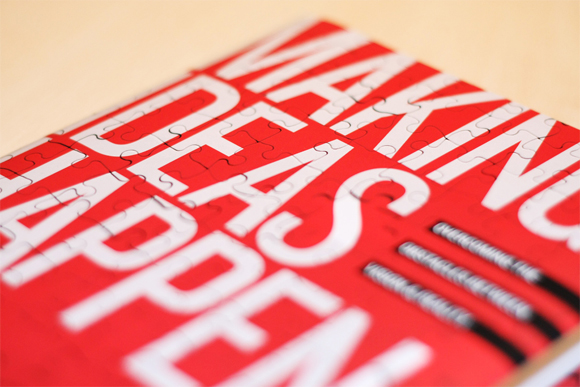By Miguel Otárola
Oftentimes you believe, say or create something without really challenging it. You’re steadfast in your actions and carry them for a long time.
Until someone comes and tells you there’s other ways to do things.
They could even tell you the way you do things is wrong, that it’s not as beneficial as you thought it was. Sometimes that opens you up to really test your actions; other times it just reinforces them even more.
It has been quite refreshing to hear all sorts of viewpoints regarding proper leadership this semester. While it would be easy to just keep on trying what I think works, it’s better to be exposed to other styles and morph what I do into something more effective. Listening to how each Humphrey Fellow leads their lives and their teams puts how I lead in a broader perspective. I may not agree with each style, but I was honestly surprised at the variety.
As I go forward into graduation, I want to highlight traits I feel I perform well into my personal leadership. I don’t have a direct name for what my focus will be, but it will center on being an empathetic, personable leader.

Listening:
Listening to all ideas and feedback inspires trust and bonding within people. As a leader, I could make more informed decisions that the entire team could ultimately benefit from.
Respect and comfort:
These two aspects of a workplace relationship are fairly undervalued in society. They were important topics in my personal leadership book, Creativity, Inc. by Ed Catmull. Throughout the book, Catmull argues that if a leader respects the voices of each worker and provides a comfortable place for them to work in, they will perform at their creative peak. Then again, this is not really about physical comfort, but rather mental comfort:
“If there are people in your organization who feel they are not free to suggest ideas, you lose,” Catmull says.
You have heard the classic examples of the offices at Pixar, Google or Facebook: I think the journalism/writing fields could benefit from the same strategies.
Empathy:
Being empathetic with my sources has led to some of the best stories I’ve written. The same tactic transfers over to leadership. It can make people open up to honestly share their feelings about how a project is going.
“Any successful feedback system is built on empathy, on the idea that we are all in this together, that we understand your pain because we’ve experienced it ourselves,” Catmull writes in Creativity, Inc.
Everybody works in different ways, but it is through understanding that those different styles can blend together.
Energy:
This one is a bit of a bonus trait, something I gathered during my high-school years helping at a leadership conference. This has to do with the entire concept that if you love what you do, work does not feel like work. Between teammates, this could lead to a bit of friendly competition.
***
As a member of Downtown Devil, I’ve worked with people who give their time to create valuable content about downtown Phoenix. The ones who stuck through it for a long time felt respected, motivated and appreciated. They knew their voice mattered. Money had nothing to do with it. Cultivating that kind of care for your team, care that can only come from providing time and attention no matter your position, can greatly influence your work together. The value of those connections is priceless.
Read by: Marta Cerava



Go for energy!
Great summary, Miguel. The idea of loving what you do is a theme I gleaned from my book, “The Tipping Point,” as well. I think if leaders find value in their work, then their passion is palpable to those who follow them, which inspires those people to see the work as valuable too. I also agree that empathy is huge for journalists. Given our role as mass communicators, sources are often weary of opening up and communicating if they feel their stories will be pigeonholed or if they think they will receive backlash for discussing certain topics to the media. Showing a genuine empathy and interest helps alleviate this fear.